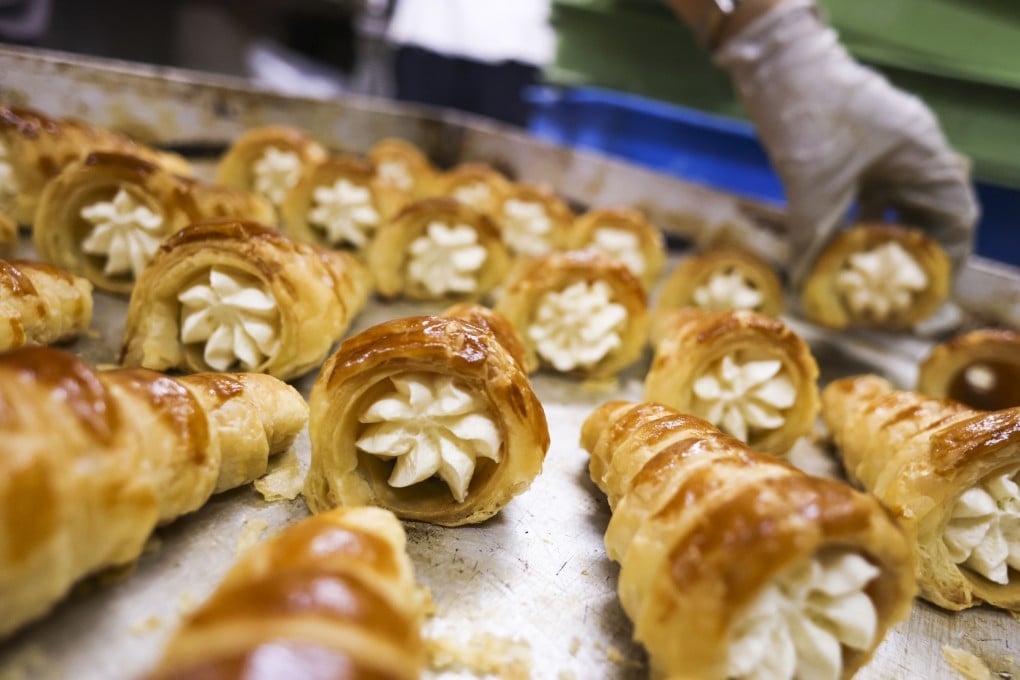Opinion | When Hong Kong loses small stores like Happy Cake Shop, we lose a sliver of our soul
- One by one, these little shops are going. Local culture is eroded a little more, as is the social network and a communal lifestyle
- The failure to save these small shops, as opposed to historic buildings, will leave us with only a skeleton of cultural heritage – not the soul

We are witnessing a slow death of Hong Kong’s traditional heritage. The disappearing snacks are the most obvious victims. Whenever a small shop closes down, it takes something near and dear from the neighbourhood. The not-so-obvious casualties are the unique ways the shops made these foods, and the history behind the traditional signs and particular styles of decor.
And the most precious things we lose are the day-to-day intimate connections between the shop owners and their customers, and the community focal points that provide affordable everyday food.
They welcome residents from all walks of life and have something for everyone. Over decades, they have constituted an inconspicuous social network that is localised, relatable, widespread, ordinary and welcoming. This is why they have become part of millions of people’s collective memories.
